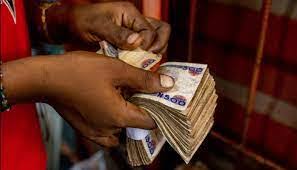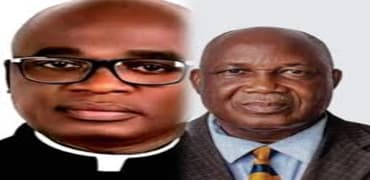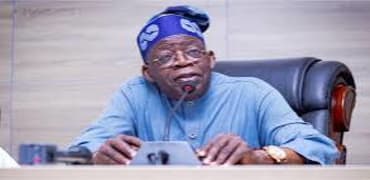No Room for Political Influence: FG Defends Integrity of Cash Transfer Social Register”
No Room for Political Influence: FG Defends Integrity of Cash Transfer Social Register”
By Achimi Muktar
The Federal Government has drawn a firm line against political interference in the compilation of the social register for Conditional Cash Transfers (CCT), ensuring that the program serves only those who genuinely qualify.
Speaking on a national television program, Humanitarian Affairs and Poverty Reduction Minister, Prof. Nentawe Yilwatda, revealed that attempts by politicians and state governments to influence the register have been rebuffed to maintain the program's transparency and integrity.
“Some people want us to bend and allow the governors or the states to just generate the list and send. It’s a conditional transfer; conditions are attached to qualify,” Yilwatda said. “Poverty doesn’t know political party, poverty doesn’t know tribe; poverty doesn’t even understand the grammar we are blowing. A poor person is a poor person.”
Yilwatda disclosed that 19.8 million Nigerians have been captured in the social register, but only 1.2 million have been fully validated to receive assistance. The validation process ensures the accuracy and fairness of the program by authenticating the identities and locations of beneficiaries through GPS mapping and verification of socio-economic indices like access to water, healthcare, and education.
“We need to validate the entire register so we can get the actual people who are supposed to benefit from it, authenticate their locations, their houses, and where they are,” the minister explained.
The government aims to assist 15 million poor households with a financial package of ₦75,000 each and has set a broader target to reach 70 million Nigerians as directed by President Bola Ahmed Tinubu.
Under Prof. Yilwatda’s leadership, the Ministry of Humanitarian Affairs and Poverty Reduction has suspended manual cash transfers, replacing them with a fully digital system. This shift mandates the use of National Identification Numbers (NIN) and Bank Verification Numbers (BVN) to enhance transparency and auditability.
“This time around, we are carrying the CSOs [Civil Society Organizations] along so that after all payments, they can verify, do follow-ups, and ensure transparency,” Yilwatda said.
The social register compilation is a collaborative effort involving the federal government, the World Bank, and CSOs. This partnership ensures that the program remains insulated from political manipulation and focused on alleviating poverty.
The program, initially launched under former President Muhammadu Buhari, has faced controversies in the past over its management. However, since Yilwatda’s appointment in October 2024, following the removal of his predecessor, Betta Edu, the ministry has introduced reforms to restore public confidence in the process.
With an ambitious agenda and a commitment to transparency, Yilwatda’s ministry is striving to deliver measurable results in tackling poverty. “We are sure they exist and be sure that these people are as poor as they claim because there are social indices for judging poverty,” he emphasized.
By leveraging technology and upholding strict validation measures, the Federal Government is sending a strong message: poverty alleviation in Nigeria will not be compromised by politics.


















